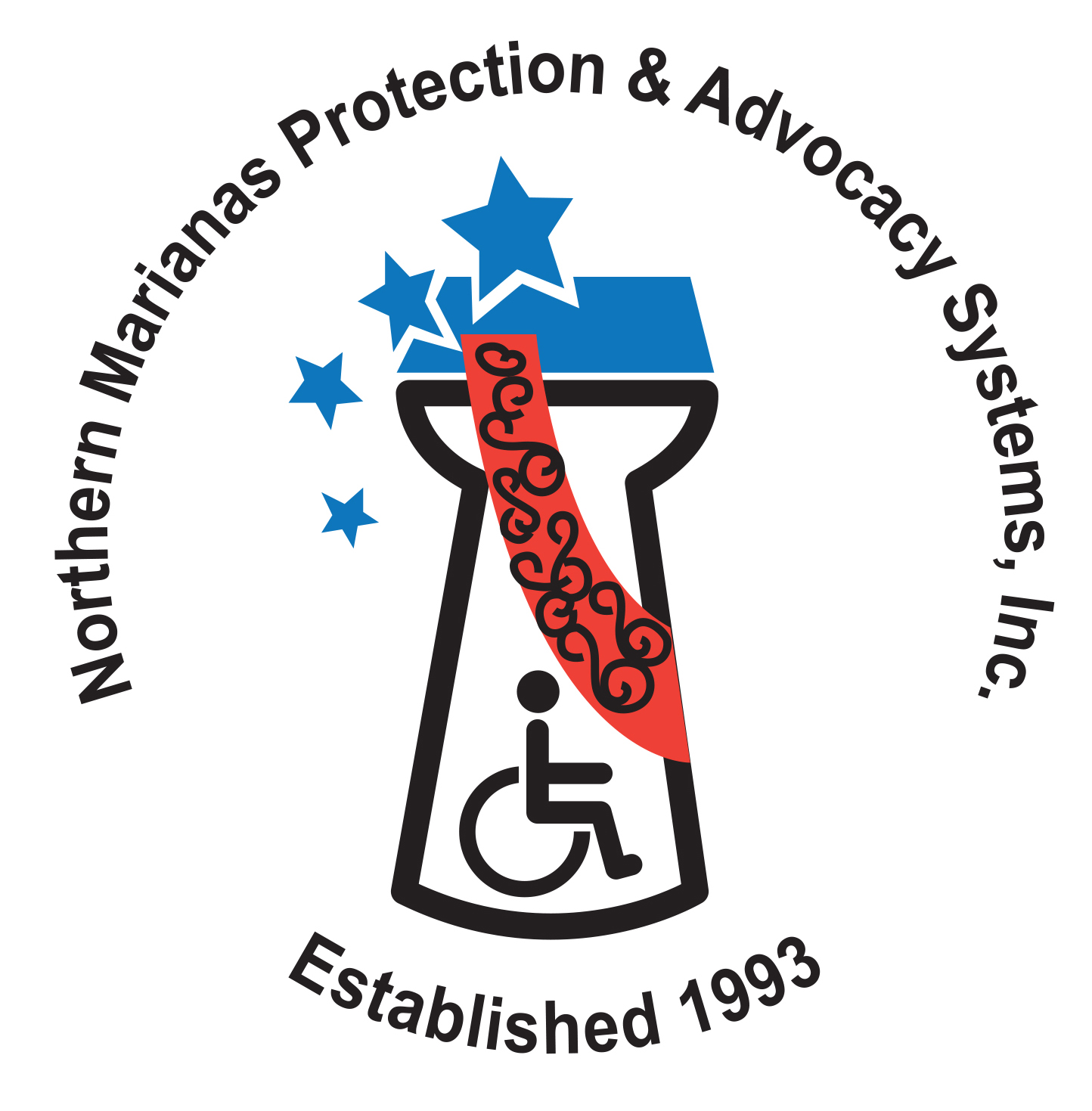I HAVE been watching a lot of late night TV lately and I started to notice that several commercials have began using the phrases, “That’s insane!” Or “it’s crazy!”
Whether it’s to show how parents and their children are narrowing the generational gap, through a shared “slang” when it comes to marketing products like AT&T Beats; or a way to describe the interior of the new Chevy; or a workout video that is so strenuous to do it is “Insanity,” the usage of these words that historically are meant to describe people with mental illness are on the rise and seem to go unnoticed by today’s society.
I grew up in a time when people warned me to not spend time with my uncle because he was “crazy” and might do me harm. In actuality my uncle is diagnosed with schizophrenia, a disorder that may cause him to see or hear things that are not there, it did not guarantee that he posed a danger to me. In fact some of my fondest times were working with my uncle feeding my grandfather’s chickens and just talking about the way things were while he was growing up. It’s true that at times he would say some far out things. For instance, he once told me that Ben Grimm, the Thing from the Fantastic Four comics, was buried in a cave in Marpi during the 70’s. It was strange, but I was glad he knew who the Thing was, unlike my parents at the time. It was a way for us to connect.
In this day and age of Political Correctness, where there are national campaigns to stop the usage of words like Handicapped and Retard to describe people, I find it disheartening that words like crazy and insane are finding their way back into our media. My belief is that the use of these words creates a stigma, a mental or physical mark that is characteristic of a defect or disease, to our community members who are seeking treatment for mental health. Furthermore, it can also create a barrier for those who are seeking the help they need, because they don’t want to be associated with that group. In addition, others may face discrimination when it comes to employment or community living as a result of their diagnosis.
In my professional career, I have grown to understand that mental illness comes in many diverse forms, ranging from Bi-Polar to Autism and from eating disorders to substance abuse addictions. No one condition is the same and neither are the individuals who live with their unique challenges. We may not be able to control the mass media of mainland America; however, we can start here, locally, on our islands. We have the power to eliminate the barriers that cause a social divide between our communities. So unless the “lunatics” break loose their chains and start howling at the full moon, let’s make efforts to treat each other with Dignity and Respect, by steering away from hateful, harmful words to describe those who may be different than ourselves and instead think of others as People First.
For more information about Discrimination and Stigma surrounding mental health, please contact the Protection & Advocacy for Individuals of Mental Illness program at NMPASI, 235-7273 or visit us online at www.nmpasi.org

